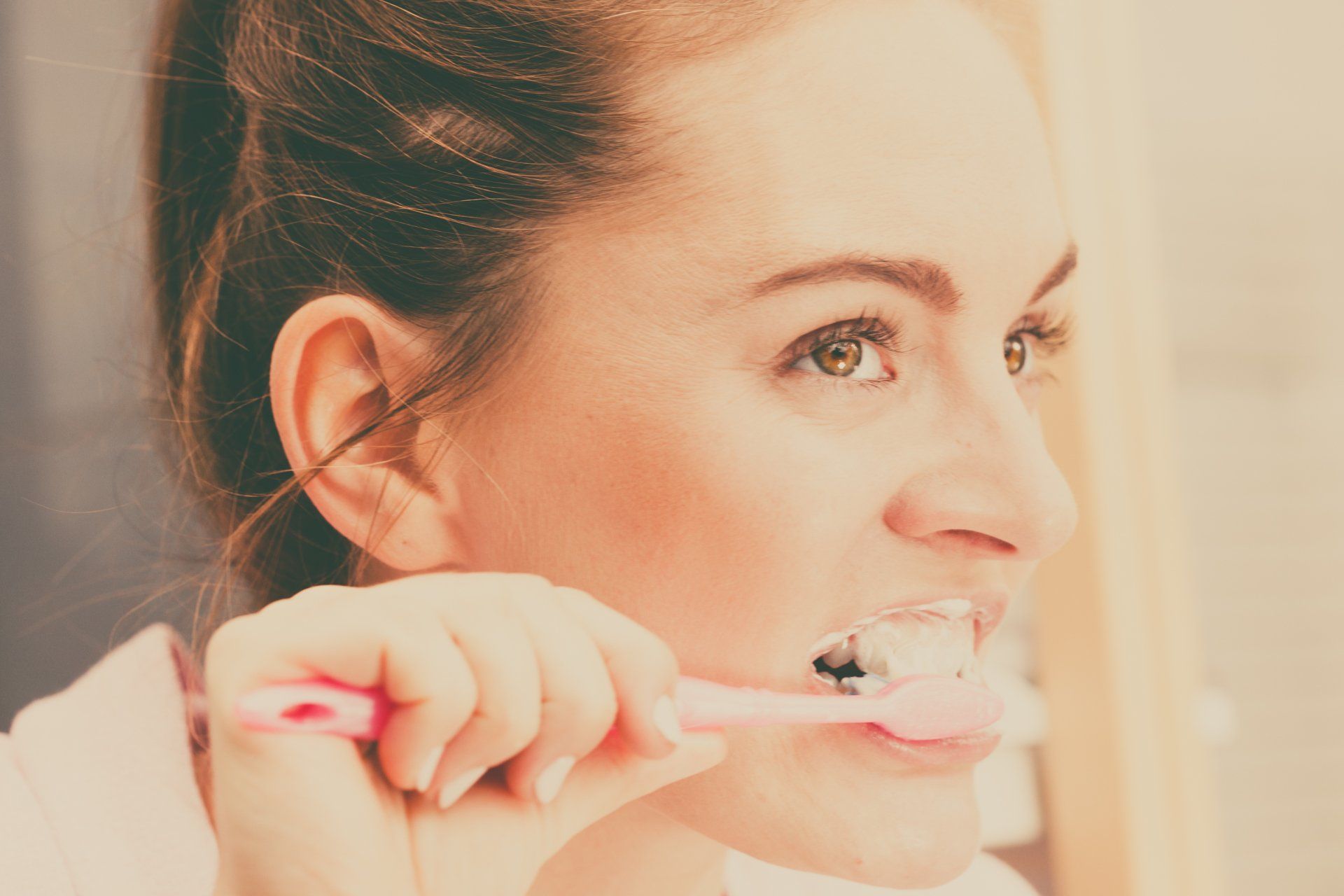Serving Statesville and the surrounding areas since 1998
Call Now to Schedule an Appointment
It’s Our Business to Make You Smile
Reasons and Methods to Avoid Overzealous Tooth Cleaning
Cleaning your teeth on a twice-daily basis is one of the most basic fundamentals of dental self-care. But although you should avoid neglecting your daily cleanings, you should also avoid overdoing it. Here are the reasons and methods for avoiding overzealous cleaning in your daily oral care routine.
Reasons
Brushing too hard may not sound like a big deal at all, but it really can be. Learn why you should keep a light touch when brushing and flossing.
Avoid Irritating Gums
Brushing too hard may irritate gums. When irritated, the gums may become tender and start to bleed. But over time, irritated gums may actually start to pull away from the teeth and recede, exposing the roots of your teeth. Receding gums won't grow back, and the exposed tooth roots are highly susceptible to decay, so you want to avoid this outcome.
Keep Enamel Healthy
Enamel is an extremely hard substance, so it seems odd that your toothbrush could damage it. However, harsh scrubbing with an abrasive substance (such as toothpaste) can erode the enamel over time.
Brushing more gently can avoid wearing your enamel away, which is important because enamel doesn't grow back once it's gone, and it's the most important thing that protects your teeth from decay.
Prevent Tooth Sensitivity
Tooth sensitivity can arise from either receding gums or thinning enamel. The reason thinning enamel causes sensitivity is because the dentin is no longer as protected by the enamel, so the tiny tubules in the dentin can be accessed more easily by substances that trigger nerve pain inside the dentin (such as hot or cold substances).
Gum recession can cause sensitivity because it exposes the roots of the teeth, and they're not protected by enamel at all, so they tend to be more sensitive.
Methods
Keeping your brushing technique from damaging your teeth isn't hard once you get used to using a lighter touch. Here are some methods you can use to help.
Ask Your Dentist to Demonstrate
If you suspect you've been brushing too hard (or your dentist says you have been), ask your dentist to demonstrate the proper brushing technique with the proper amount of pressure.
Choose a Pressure-Sensitive Toothbrush
Some electric toothbrushes have features, such as a timer, that lets you know when your two minutes are up, and a pressure sensing feature that alerts you when you're pushing too hard. Investing in one of these toothbrushes can help you keep your teeth squeaky clean without damaging them over time.
Don't Brush When Enamel Is Soft
You've probably heard that brushing your teeth twice a day is the minimum and brushing after each meal is better. But according to some relatively new research , brushing just after eating is the worst time to brush. The acids produced by bacteria on your teeth mean enamel is especially soft just after you eat, so you should always wait a half-hour before brushing.
Choose Gentle Flossing Options
If you floss too hard, you can cause just as much damage to your gums as by brushing too hard. But if your teeth are tightly spaced together, you may not be able to get the floss in without applying too much force. In this scenario, you may need to try a gentle gliding type of floss or even a water flosser. Talk to your dentist about your options.
These reasons and methods will help you revamp your dental cleaning habits so that you don't accidentally erode your enamel, make your teeth more sensitive, or cause your gums to recede while cleaning your teeth.
Joseph M. Perry, D.D.S., P.A., can help you keep your teeth clean and healthy through professional dental cleanings, exams, and treatments. We offer dental services for the entire family, including both children and adults. Get in touch today to learn more about how we can help or to schedule your next dental appointment now.
Phone: 704-873-6451 | Email: info@drjosephperry.com | Address: 1116 Davie Ave. Statesville, NC 28677
Joseph M. Perry D.D.S. P.A. | Licensed | Insured | In Business Since 1998
Business Hours
- Mon - Thu
- -
- Fri - Sun
- Closed
Closed for Lunch From: 1:15 AM - 2:15 PM




Testimonials

Slide title
Write your caption hereButton
Slide title
Write your caption hereButton
Slide title
Write your caption hereButton

Slide title
Write your caption hereButton
Slide title
Write your caption hereButton
Slide title
Write your caption hereButton

